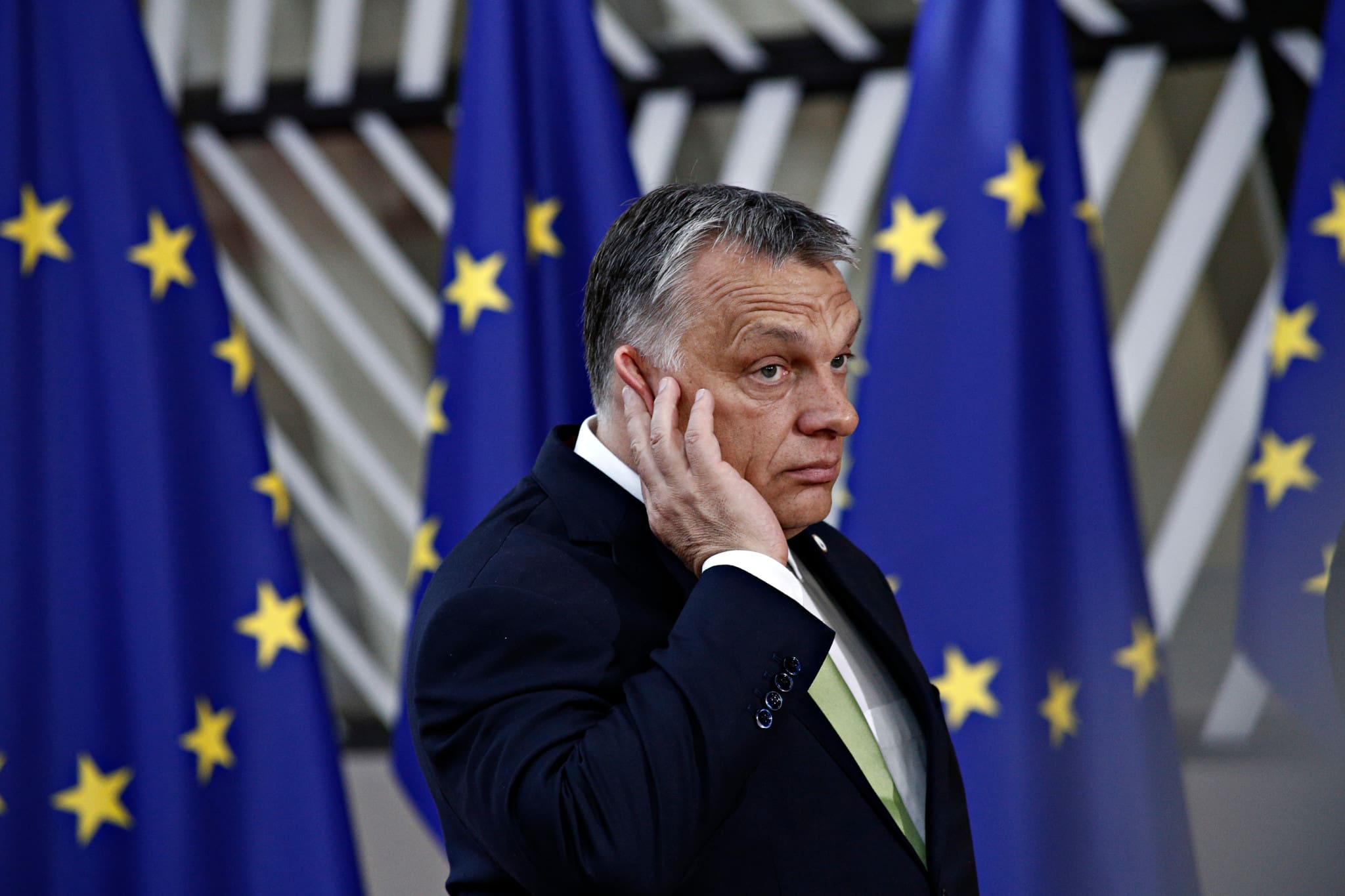The Greens parliamentary group in the European Parliament (EFA) has asked the European Commission to cut all funds to Hungary, with the radical demand already provoking backlash from the Hungarian government.
Hungarian Justice Minister Judit Varga said the Greens’ demands would harm her country and are “outrageous and unacceptable.”
“We know that there is a group in the European Parliament whose program consists solely of attacking Hungary and the Hungarian people, but with their current move, even they have crossed a certain line,” Varga wrote on her Facebook page.
According to the Greens’ report, which was prepared by three lawyers commissioned by German EFA member Daniel Freund, Hungary’s funds should be cut over the country’s alleged violations of the rule of law.
Such a massive funding cut would mean reduced funds for roads, schools, and contribute to an economic crisis in Hungary. Hungary’s justice minister said that dialogue is ongoing with the European Commission, but a number of anti-Hungary MEPs are complicating the situation.
“Regarding the rule of law conditionality procedure, a professional dialogue is currently underway between Hungary and the Commission. We are ready to negotiate and reach an agreement,” she said. “Unfortunately, professional dialogue is not the bread and butter of the Hungarophobic MEPs, which is why they publish such a study, which is not only deeply offensive, but also completely disregards the most basic values of the European Union.”
[pp id=7572]
The Greens’ report was conducted by Kim Lane Scheppele and R. Daniel Kelemen from Princeton and Rutgers universities in the U.S. along with the legal scholar John Morijn, who teaches at the Dutch University of Groningen. The paper states that the “mismanagement of EU funds” in Hungary goes back more than a decade, and they argue there is no independent overview of how public funds are used.
However, while the report claims there is corruption in Hungary, mostly it focuses on ideological issues. . The authors allege that Budapest is “violating rule of law in all projects financed by the EU” because the country “fundamentally, regularly and extensively” violates democratic principles.
For years, the left has attacked Hungary for lacking “democracy” despite the current conservative government led by Hungarian Prime Minister Viktor Orbán being hugely popular, as evidenced by his Fidesz party winning the April national election in a landslide two-thirds majority once again. Nevertheless, the authors also allege that the “lawfulness of the allocation of EU funds” in Hungary is generally at risk, writing that it is like a”lead drinking water pipe” and that every drop of water that flows through it is potentially “poisoned.”
[pp id=8111]
Hungary has argued that it is being targeted for its stance on migration, traditional values, and multiculturalism, and that “rule of law” is just a pretext to remove Hungary’s conservative government. Many of Brussels left-liberal establishment parties have championed this cause, including many connected to billionaire George Soros, who argued in the past that the EU should make an example out of Hungary and Poland by cutting EU funding to both nations.
However, despite numerous egregious cases of real corruption in other countries, the Greens are not proposing to cut funds entirely anywhere else. There is no shortage of severe corruption scandals occurring in other EU nations. For example, there are reports of EU funds going to projects that never existed in Greece, as well as graft and rule-of-law issues being rampant in the country. In Spain, a reported €1.5 billion in EU funds was embezzled, and the EU’s own reports show Spain has a low level of transparency in how EU funding is spent, which creates a high risk for fraud. In Italy, a study showed that huge amounts of EU money went missing in the southern portion of the country due to corruption, and another Deutsche Welle report details how criminal clans are getting their hands on vast sums of EU funds.
Yet, the Greens’ reports focuses its ire on the conservative government of Hungary, claiming that the only way to deal with “systemic corruption” in the country is to stop all payments entirely.
Back in June, the Green party politician Daniel Freund asked European Council President Charles Michel to entirely exclude Hungary’s Prime Minister Viktor Orbán from the body of the heads of government of the member states. According to Michel, this is currently not possible.






